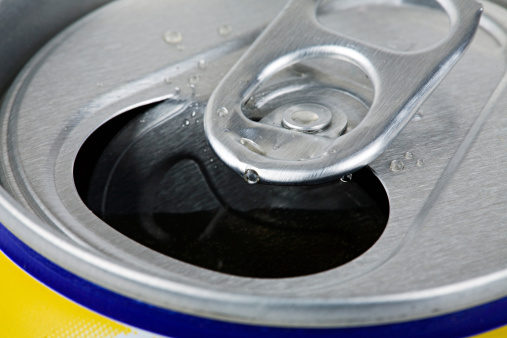Washington, D.C.—A final regulatory guidance on how to correctly market a product as a beverage versus a dietary supplement has been released by the U.S. Food and Drug Administration (FDA). The distinction is an important one, since products that fall into the beverage category are regulated as food. It is also a safety issue when consumers cannot easily tell if a liquid supplement is intended to be taken in small doses, unlike a drink.
The new document, “Guidance for Industry: Distinguishing Liquid Dietary Supplements from Beverages,” is an update of FDA’s 2009 draft guidance on the subject, containing more specific discussion of the factors in play. There is no hard and fast rule for what makes a beverage a beverage, or a supplement a supplement. But some obvious cues are laid out by FDA, such as the notion that words like “beverage,” “drink,” “water” or “soda” go a long way in representing a product a conventional food.
FDA will further consider a wide range of factors in making the distinction for a given product, and these include labeling and advertising. The agency says, for example, that while a product might contain a Supplement Facts panel, using a word like “rehydrate” will push it back in the direction of being a beverage. Another factor the agency points to is the ingredients used. Adding ginkgo to a common drink like fruit punch does not necessarily qualify the product as a dietary supplement, FDA says.
Serving size is another sticking point. If a product is intended to be consumed in amounts that represent a large portion of an individual’s daily liquid intake, it will likely be classified as a food. Packaging is also crucial, in that FDA deems the size, shape, design and even color of a package to convey messages about its intended use to consumers. Packages that are reclosable may help to define a product as a supplement, but resembling a common drink container is a clear checkmark in the beverage column.
Companies choosing to make health-related claims on liquid products will need to carefully reference this guidance. Products that fall into the beverage category may not make claims that go beyond the basic nutritive value of the ingredients. Liquid supplements are allowed to go further in making certain claims about supporting structure/function in the body, though they still run the risk of being considered a drug by FDA if they go too far.
The Council for Responsible Nutrition called the new guidance an “instructive roadmap” for stakeholders on this subject, with president and CEO Steve Mister saying, “This is how we address the issues and grow as an industry—by identifying problems and maintaining a strong dialogue with our regulators.”
Published in WholeFoods Magazine, March 2014 (online 1/16/14)










